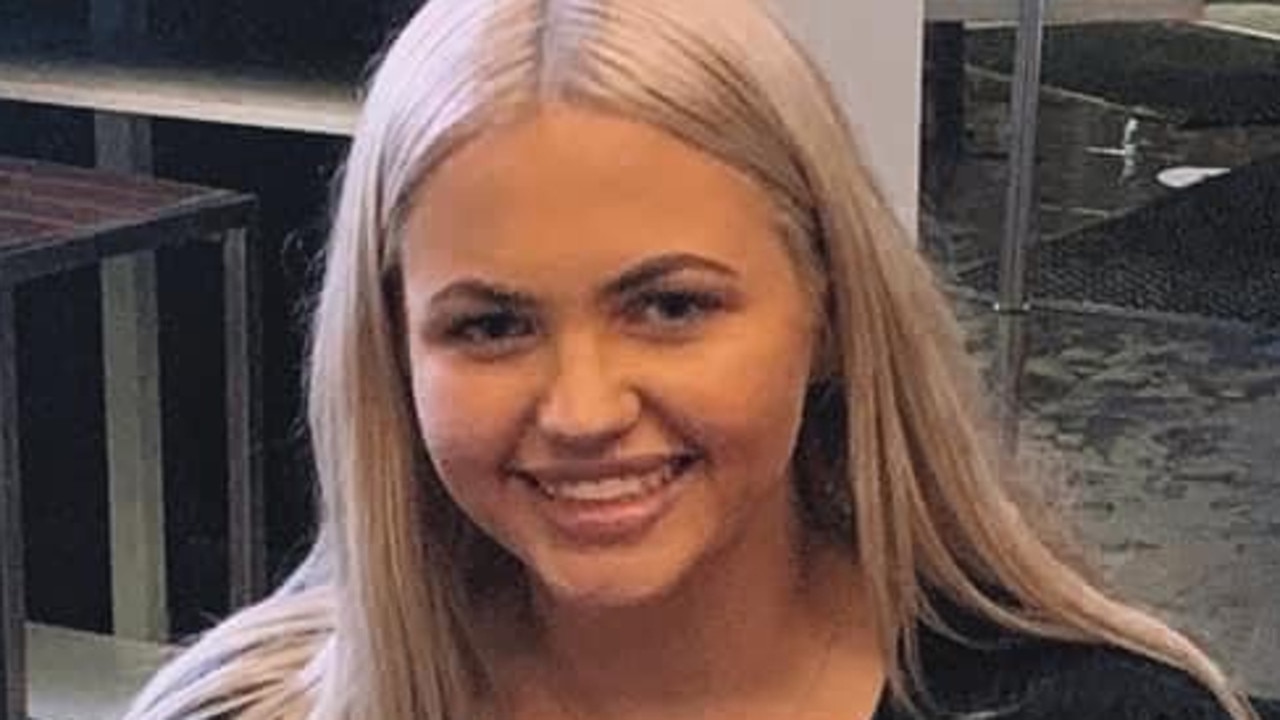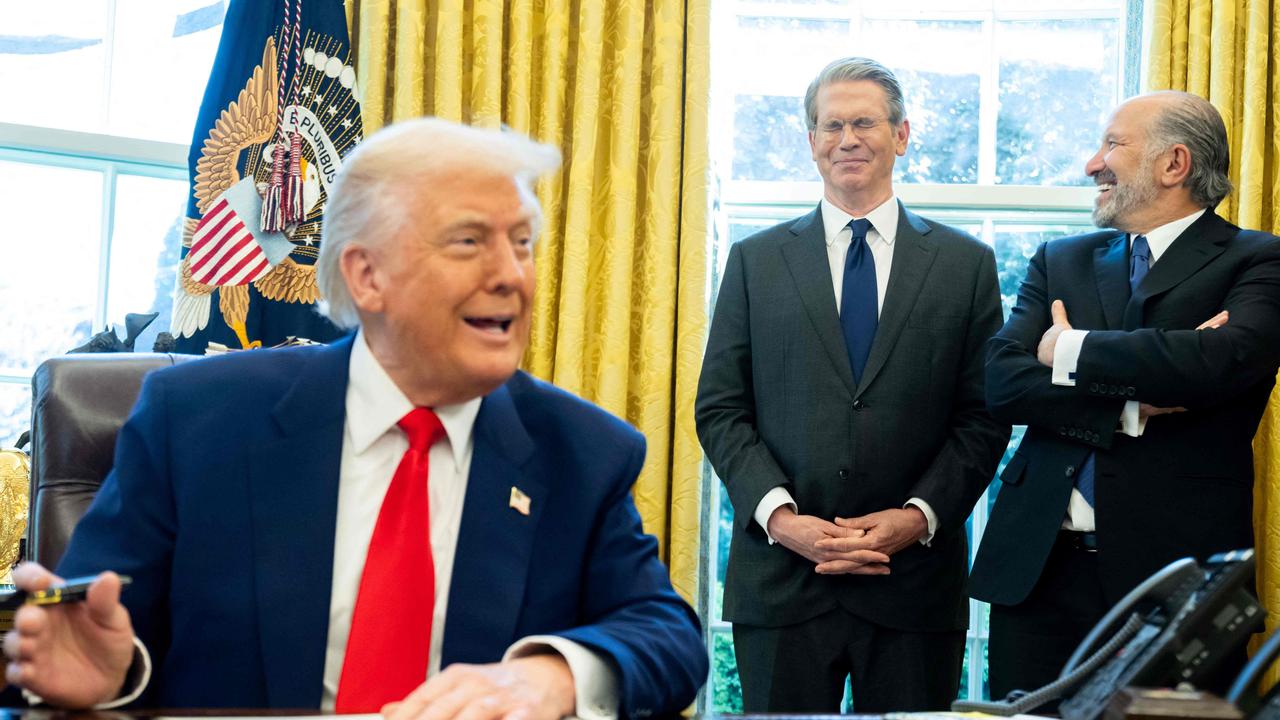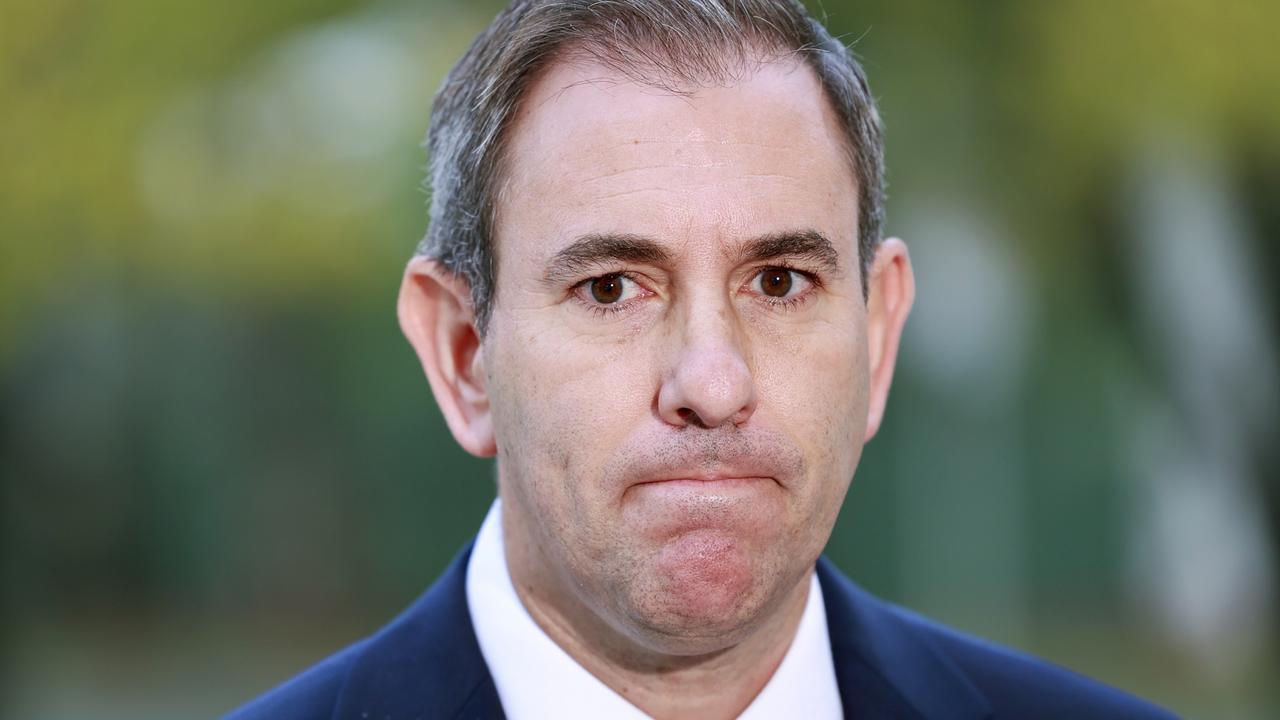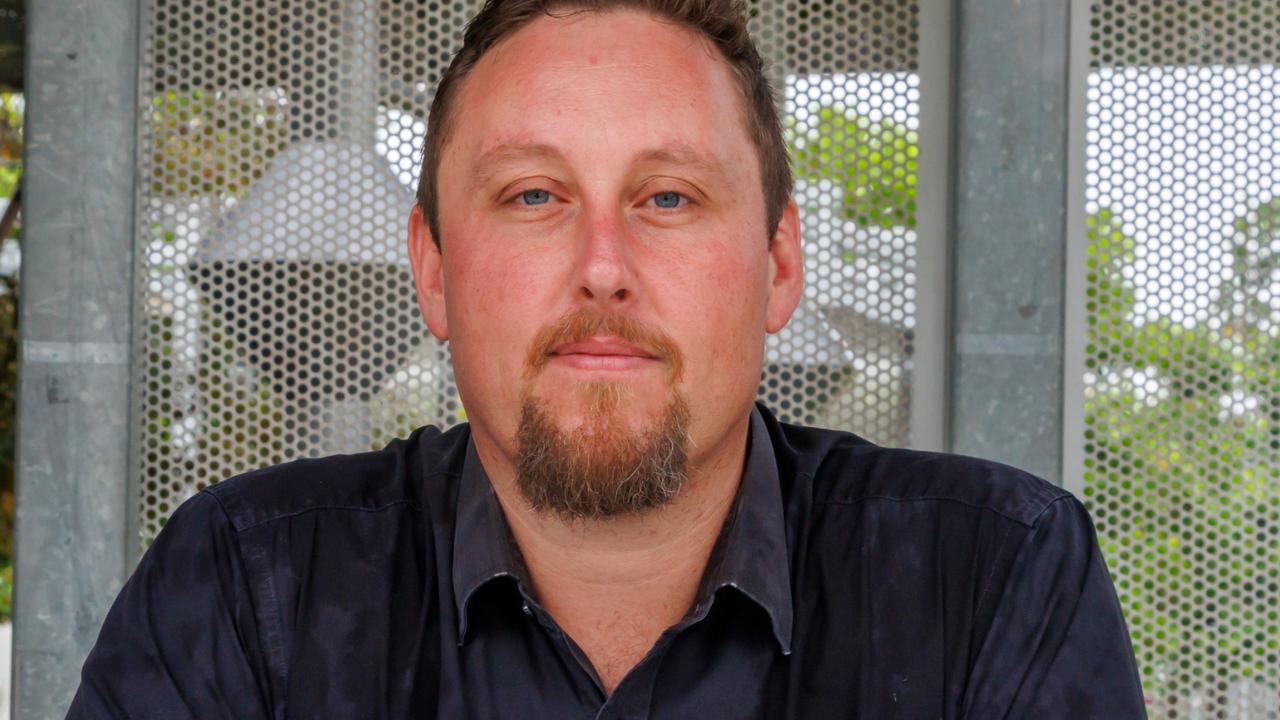Advancing Australia with a new anthem
Indigenous columnist Janelle Brown explains why first nation people feel left out
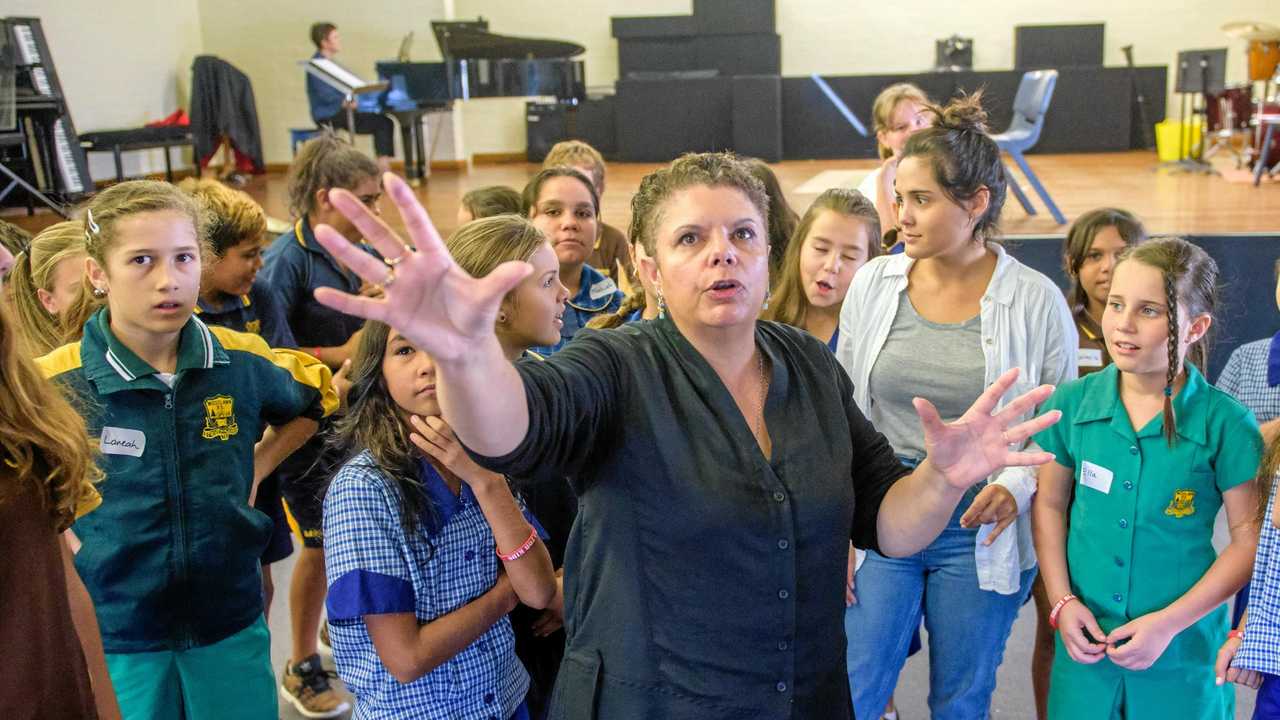
Opinion
Don't miss out on the headlines from Opinion. Followed categories will be added to My News.
A SOLEMN patriotic song adopted by a country as an expression of national identity - the definition of a national anthem (Oxford Dictionary).
Sung at school assemblies across the nation, before major national sporting events such as the NRL grand final, on Anzac Day and other auspicious occasions, Advance Australia Fair has been our national anthem for 34 years.
However the song was written long before then - 140 years ago to be exact. It was written and composed by Peter Dodds McCormick in 1878.
Even with changes to its original lyrics, does a song that was originally written before Australia was even a nation really reflect our nation in the 21st century?
It certainly doesn't rejoice in the multicultural society that Australia has become, nor does it honour the contribution of indigenous Australians.
Certainly there are people who believe the song is not inclusive of all Australians. Nine-year-old Brisbane schoolgirl Harper Nielsen is one of these people. She caused controversy when she refused to stand for the national anthem at her school assembly.
Harper, who is not indigenous, believes the anthem really means "advance the white people. It disregards the indigenous Australians who were here before us."
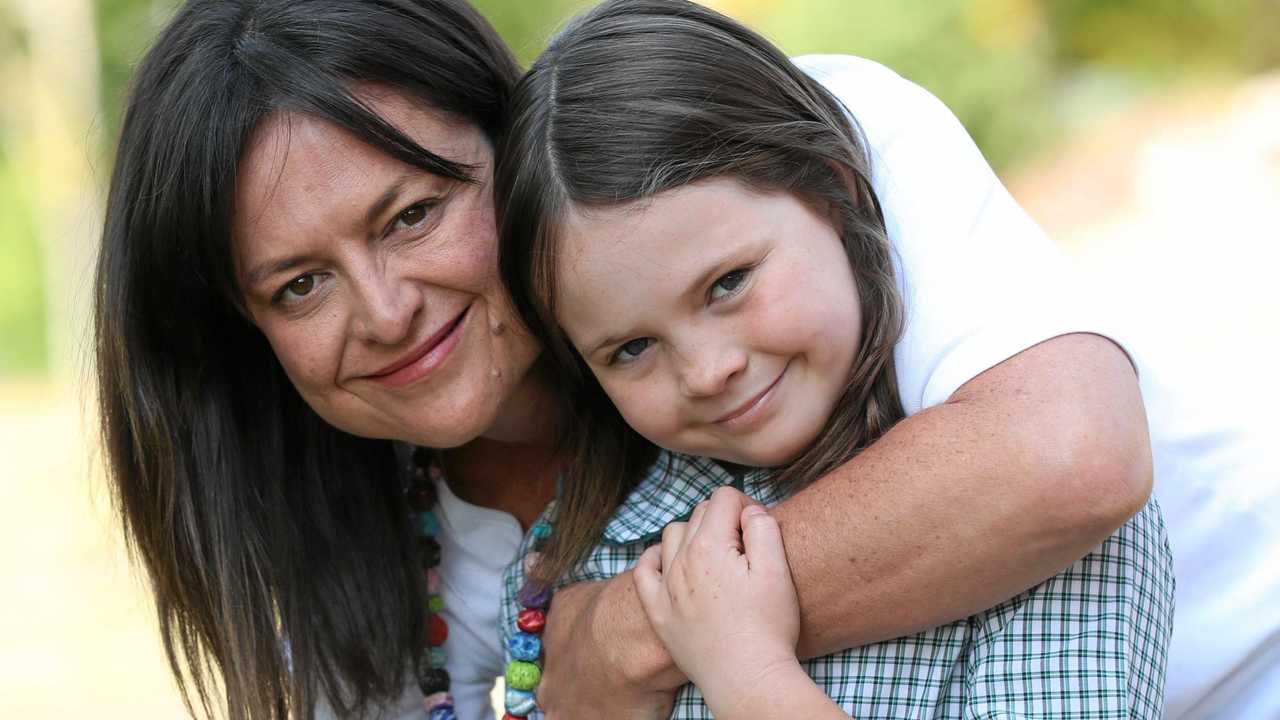
Similar to the American football players "who have been taking the knee" during their national anthem, Harper has been condemned by many politicians for her actions, including Pauline Hanson and Tony Abbott.
But many Australians seem divided on the issue. There has been heated debate on social media regarding the issue. An online poll created by former senator Jackie Lambie shows that 51 per cent of respondents support Harper's stance, whilst 49 per cent do not.
Harper is certainly not the first to point out these discrepancies in our national song.
Renowned Aboriginal opera singer Deborah Cheetham made a stand in 2015 when she declined to sing the anthem at the AFL grand final.
"I knew it was an honour to be asked but I simply could no longer sing the words 'for we are young and free'," she said.
"But it's not true. Setting aside for a moment 70,000 years of indigenous cultures, 114 years on from Federation and 227 years into colonisation, at the very least those words don't reflect who we are."
Ms Cheetham felt so strongly about the issue that in 2009 she supported the Seekers' lead singer Judith Durham in launching alternative lyrics to Advance Australia Fair.
Similarly a Victorian Supreme Court judge, Peter, has written an updated version of the anthem, which includes an additional verse that recognises indigenous people.
Some local indigenous people were asked for their thoughts on our anthem:
"I think we need an anthem that everyone who calls this wonderful nation of ours home can relate to," Shayne, a Wiradjuri man living in the Clarence Valley, said.
"I feel the Seekers song I am Australian does this better than our current anthem. Even just the title of our current anthem, Advance Australia Fair, is a misnomer. How can we use the word 'fair' when we look at how First Nation Australians are treated - for example, more than half the First Nation Australians that died in custody since 2008 had not been convicted of a crime - let alone how unfairly we are treating asylum seekers."
Julie from Grafton also prefers I am Australian as the song "includes first Australians and all other nationalities".
She feels the current anthem is outdated.
"We have outgrown the anthem - although possibly young in European/English world history, we are not a young country as Aboriginal people have a rich and ancient history," she said.
Clarke, from the Gumbaynggirr nation, said, "The national anthem means absolutely nothing to me. In fact, I feel that it's a racist song."
- Giinagay Jinggiwahla ("hello" in our First Nation's languages) is a weekly column written by the indigenous communities of the Clarence Valley covering a variety of topics, opinions and events across our First Nation areas Bundjalung, Yaegl and Gumbaynggirr.
Originally published as Advancing Australia with a new anthem



